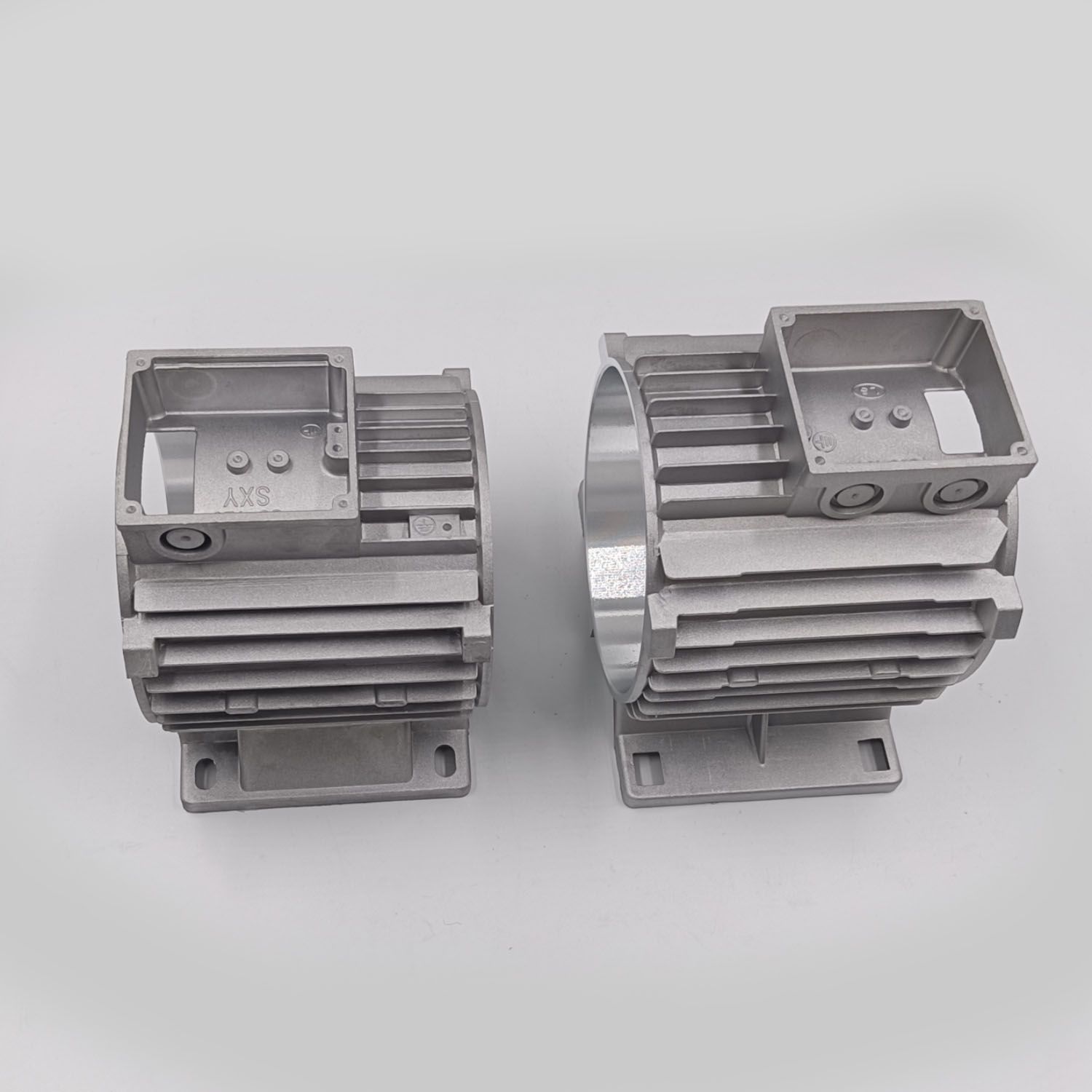Stahl Specialty Company for Beginners
Stahl Specialty Company for Beginners
Blog Article
Indicators on Stahl Specialty Company You Need To Know
Table of ContentsThe Facts About Stahl Specialty Company UncoveredHow Stahl Specialty Company can Save You Time, Stress, and Money.Rumored Buzz on Stahl Specialty CompanyThe smart Trick of Stahl Specialty Company That Nobody is Talking AboutThe Single Strategy To Use For Stahl Specialty Company
Chemical Contrast of Cast Light weight aluminum Alloys Silicon promotes castability by lowering the alloy's melting temperature and boosting fluidness during casting. Furthermore, silicon contributes to the alloy's strength and use resistance, making it useful in applications where toughness is important, such as auto parts and engine parts.It likewise enhances the machinability of the alloy, making it simpler to refine into completed products. In this method, iron adds to the overall workability of aluminum alloys. Copper raises electrical conductivity, making it advantageous in electrical applications. It likewise improves rust resistance and contributes to the alloy's general toughness.
Manganese adds to the strength of light weight aluminum alloys and enhances workability. Magnesium is a light-weight element that offers strength and influence resistance to aluminum alloys.
It enables the production of lightweight elements with exceptional mechanical residential or commercial properties. Zinc enhances the castability of aluminum alloys and aids regulate the solidification process throughout casting. It improves the alloy's toughness and firmness. It is commonly discovered in applications where complex forms and great details are essential, such as decorative spreadings and particular vehicle components.
How Stahl Specialty Company can Save You Time, Stress, and Money.
Because aluminum-silicon alloys have good casting homes, high gas residential properties, simple procedures, and excellent rust resistance, aluminum-silicon alloys are most typically utilized in the die-casting sector at home and abroad. At the exact same time, aluminum-silicon alloys are likewise reasonably very early and extensively identified alloys developed and used in die-casting. After continuous study and enhancement, a lot of the current worldwide mainstream aluminum-silicon alloys have been finalized and are nothing greater than A356, A360, A380, ADC12, B390, and A413.
The main thermal conductivity, tensile strength, return stamina, and elongation differ. Select ideal basic materials according to the efficiency of the target item produced. Amongst the above alloys, A356 has the highest thermal conductivity, and A380 and ADC12 have the most affordable. The tensile limit is the contrary. A360 has the ideal yield toughness and the highest elongation rate.

5 Simple Techniques For Stahl Specialty Company
In precision casting, 6063 is well-suited for applications Read Full Report where detailed geometries and top notch surface finishes are extremely important. Examples include telecommunication units, where the alloy's exceptional formability enables smooth and visually pleasing designs while preserving architectural stability. In a similar way, in the Lights Solutions market, precision-cast 6063 parts create sophisticated and reliable lighting components that need complex shapes and good thermal efficiency.
(https://giphy.com/channel/stahlspecialc)
The A360 shows superior prolongation, making it excellent for complicated and thin-walled parts. In precision casting applications, A360 is fit for sectors such as Customer Electronics, Telecommunication, and Power Tools.

In precision casting, aluminum 413 radiates in the Consumer Electronics and Power Devices industries. It's commonly used to craft detailed elements like mobile phone housings, electronic camera bodies, and power device casings. Its precision is amazing, with limited tolerances up to 0.01 mm, ensuring perfect product assembly. This alloy's remarkable corrosion resistance makes it an excellent selection for exterior applications, making certain lasting, resilient products in the pointed out industries.
Not known Details About Stahl Specialty Company
The aluminum alloy you select will substantially influence both the casting process and the homes of the last product. Because of this, you should make your choice carefully and take an informed method.
Determining the most suitable light weight aluminum alloy for your application will certainly suggest weighing a large array of qualities. These comparative alloy characteristics adhere to the North American Pass Away Spreading Association's guidelines, and we've divided them right into two categories. Foundries in Missouri. The initial category addresses alloy features that impact the manufacturing procedure. The second covers qualities affecting the residential properties of the final product.
The alloy you pick for die casting directly influences a number of facets of the casting procedure, like exactly how very easy the alloy is to collaborate with and if it is vulnerable to casting issues. Warm cracking, also known as solidification fracturing, is a normal die spreading issue for aluminum alloys that can result in interior or surface-level splits or splits.
Our Stahl Specialty Company Diaries
Particular light weight aluminum alloys are much more vulnerable to hot splitting than others, and your selection should consider this. An additional common flaw discovered in the die casting of aluminum is die soldering, which is when the cast stays with the die wall surfaces and makes ejection difficult. It can damage both the cast and the die, so you need to try to find alloys with high anti-soldering buildings.
Rust resistance, which is already a noteworthy attribute of light weight aluminum, can differ significantly from alloy to alloy and is an essential particular to consider depending upon the environmental problems your item will be subjected to. Wear resistance is one more residential or commercial property commonly sought in aluminum items and can set apart some alloys.
Report this page